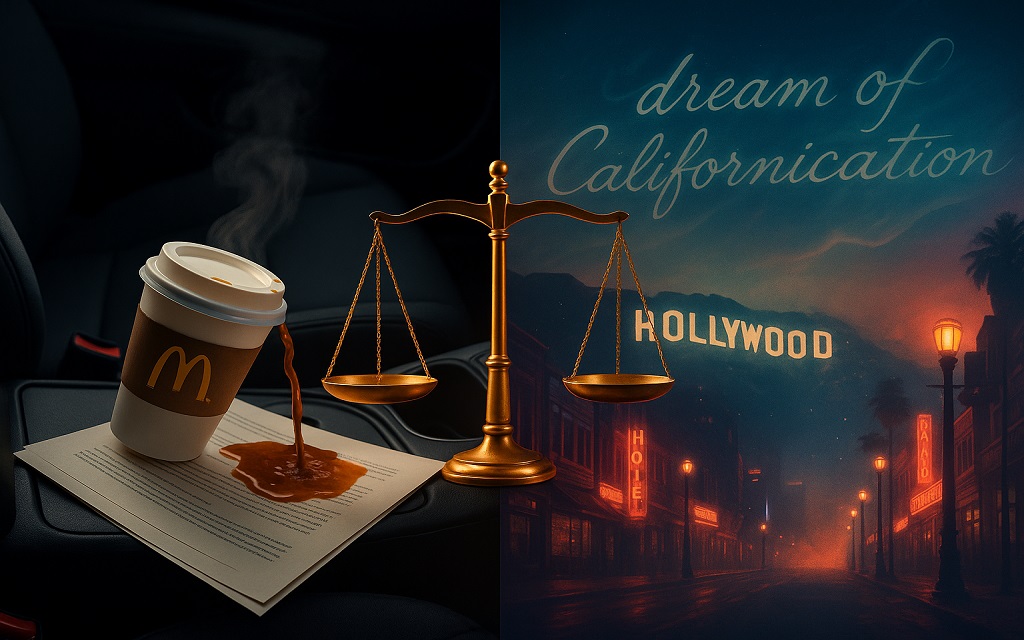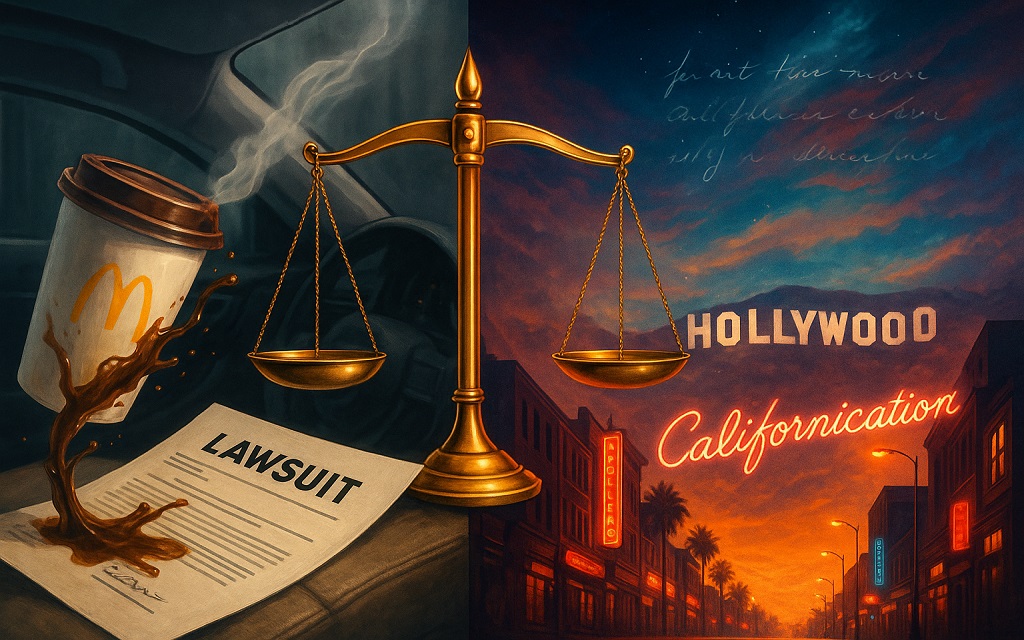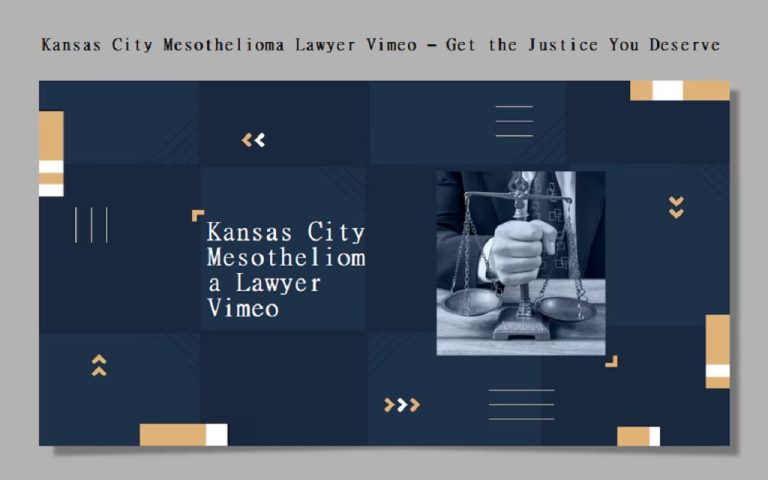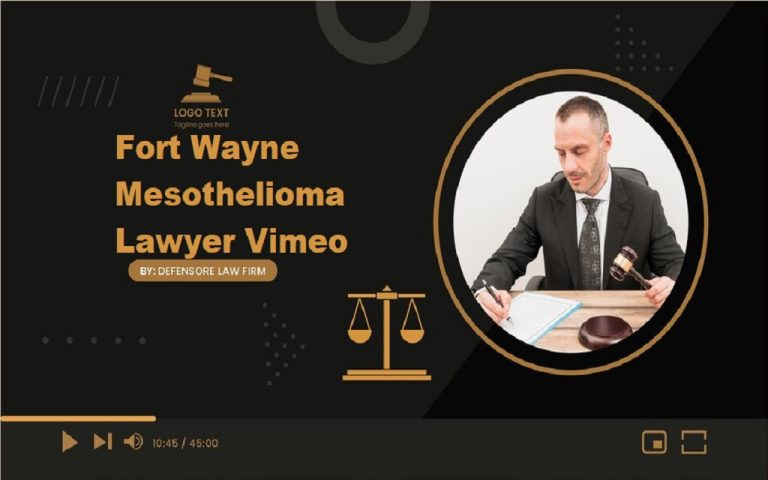You may wonder how a rock song and a lawsuit can connect. It is essential to know that the phrase “Dream of Californication Hot Coffee Lawsuit” mixes two cultural moments. One involves a music track. The other involves a major legal battle. Both shaped public thinking. Both exposed flaws in corporate systems. You should see this as more than a headline. You should view it as a reflection of society.
How Did the Hot Coffee Lawsuit Begin?

Before forming opinions about the Dream of Californication Hot Coffee Lawsuit, you should understand the facts. In 1992, a woman named Stella Liebeck suffered third-degree burns. The coffee spilled on her lap. She was 79 years old. She sat in a parked car. Her family had bought the coffee from McDonald’s.
It is essential to know that the coffee was extremely hot. McDonald’s serves it at 180 to 190 degrees Fahrenheit. That was far above home-brew standards. Medical records proved she needed skin grafts. She stayed in the hospital for eight days.
Why Did Stella Liebeck Sue McDonald’s?
You may wonder why someone would sue over coffee. The answer comes down to medical costs and corporate behavior. Liebeck asked for $20,000 to cover bills, but McDonald’s offered only $800. The court battle followed.
The jury awarded $200,000 in damages, which it reduced to $160,000. Punitive damages reached $2.7 million, which a judge later reduced to $480,000.
According to court documents, McDonald’s had over 700 prior complaints, all of which involved burns from hot coffee. It is important to know that the company had warnings, but it still refused to change.
What Did the Public Believe About the Case?
You may have seen headlines mocking the case. Media outlets called it silly, and late-night shows used it as a punchline. Many believed it showed a broken legal system.
That idea was false. The case highlighted corporate negligence. Many have never heard the facts, and public perception relies on limited information.
A 2011 HBO documentary shows that most Americans never saw real injuries. Most believed she spilled coffee on herself while driving. That was incorrect.
What Does the Song “Californication” Mean?
You should ask yourself what the Red Hot Chili Peppers wanted to say. The song “Californication” came out in 1999. It talked about illusion and media lies. It criticized Hollywood. The lyrics showed a darker side of the American Dream.
The song mixed ideas of fame, sex, and fantasy. It showed how California’s culture spread worldwide, questioned the dreams people chased, and warned about false hope.
The band’s singer, Anthony Kiedis, once said the lyrics show a culture selling fake reality. The song’s title blended “California” and “fornication.” That combination carried a message of exploitation.
How Do Both Stories Reflect American Culture?
It is important to look deeper. You should see the lawsuit and the song as cultural mirrors. Each one exposes flaws and challenges public views.
The lawsuit showed how corporations can ignore safety. The song showed how the media can distort dreams. Both showed how the truth can disappear behind headlines.
Experts in media law suggest that media bias shaped the public’s understanding of the lawsuit. Professor William Haltom from the University of Puget Sound stated that the news simplified the story to attack personal injury law.
Why Did the Dream of Californication Hot Coffee Lawsuit Spark Reform Talk?
You may wonder how one case caused legal debates. The answer involves tort reform. After the lawsuit, politicians and corporations pushed for limits on lawsuits, using the case as proof of legal abuse.
Many of their claims were false. According to the Center for Justice & Democracy, only 1 in 10 injured people file lawsuits. Most settle. The McDonald’s case became a symbol. But it did not represent typical legal claims.
The term “frivolous lawsuit” became common. It shaped court policy and led to new restrictions on damage awards. You should know that the case changed how courts and lawmakers treated injured people.
What Role Did Media Play in Both Stories?
You should ask how the media shapes belief. In both examples, the media played a powerful role. It defined the story, created public opinion, and skipped details.
In the lawsuit, news anchors laughed at the victim. They ignored medical evidence. In the song, the band criticized how the media spreads culture like a virus, exposing distortion.
Research from the Yale Law School Media Freedom Project showed that only 4% of news reports on McDonald’s case included injury photos, which helped shape a false narrative.
How Does Corporate Power Affect Public Perception?
It is essential to see the bigger picture. You should not just think about McDonald’s or Hollywood. Think about control. Think about who tells the story.
In both cases, large institutions shaped the narrative. McDonald’s hid risks. Hollywood sold fantasy. The public followed what they heard.
You must consider who benefits when the truth stays hidden. Corporations shape opinion to protect profit, and that pattern repeats across industries.
Can You Still Learn from the Dream of Californication Hot Coffee Lawsuit Today?
You can still take lessons from that case. It reminds you to question what you hear. It warns you about corporate messaging.
The case also proved that courts can resist power and that juries can demand safety. That matters today, just as it did then.
Like public citizens, consumer groups still use the case to teach legal ethics. Law students now study it to understand injury law. It changed the way many people think about liability.
What Does “Californication” Say About the American Dream?
You should ask if fame brings happiness. The song says no. It shows how dreams can ruin lives, talks about fake beauty, addiction, and pressure.
The song shows how dreams become nightmares. The media sells the dream, and people chase it. Few find what they expect.
A 2021 article in Rolling Stone said the song predicted the rise of influencer culture. That culture promotes filtered images, hides pain, and encourages shallow values.
What Questions Should You Ask Going Forward?
You should ask who tells your stories. You should ask who profits from what you believe. Furthermore, you should ask what gets left out.
Staying aware is essential, as is conducting research and challenging headlines.
How Does This Connect to Today’s Legal Landscape?
You should know that the hot coffee lawsuit still shapes laws. Courts now review damage claims more carefully, and politicians still cite the case when discussing tort reform.
Consumer protection laws evolved in response. Companies lowered coffee temperatures, and some updated warning labels. The case made a lasting mark.
Today, product liability cases use McDonald’s as an example. Legal textbooks cite it in civil law chapters. It is no longer a punchline; it has become a case study.
What Can You Do as a Consumer?
You should ask questions before accepting a product, know your rights, read labels, and speak up when injured.
Legal experts from the American Association for Justice suggest documenting all evidence when hurt by a product. You should take photos and contact legal help.
What Can You Do as a Media Consumer?
You should not believe every headline. You should read multiple sources. Additionally, you should look for bias. You should value facts over opinions.
Organizations like Media Literacy Now teach critical media skills in schools. You can also use tools like NewsGuard to assess credibility. Astute readers stay informed.
Conclusion of the Dream of Californication Hot Coffee Lawsuit and Legal Truth
You now understand why this topic, “Dream of Californication Hot Coffee Lawsuit,” matters. You saw how a song and a lawsuit connect. Also, you learned about media, law, and power. You realized how truth is shaped.
It is not just about music or coffee. It is about justice, perception, and you.
You should always seek the truth, question power, and defend fairness.
Must Read: What Is the Gerber Lawsuit and Why Does It Matter?
Musarat Bano is a content writer for JudicialOcean.com who covers lawsuits, legal news, and general legal topics. Her work focuses on research-based, informational content developed from publicly available sources and is intended to support public awareness. She does not provide legal advice or professional legal services.




